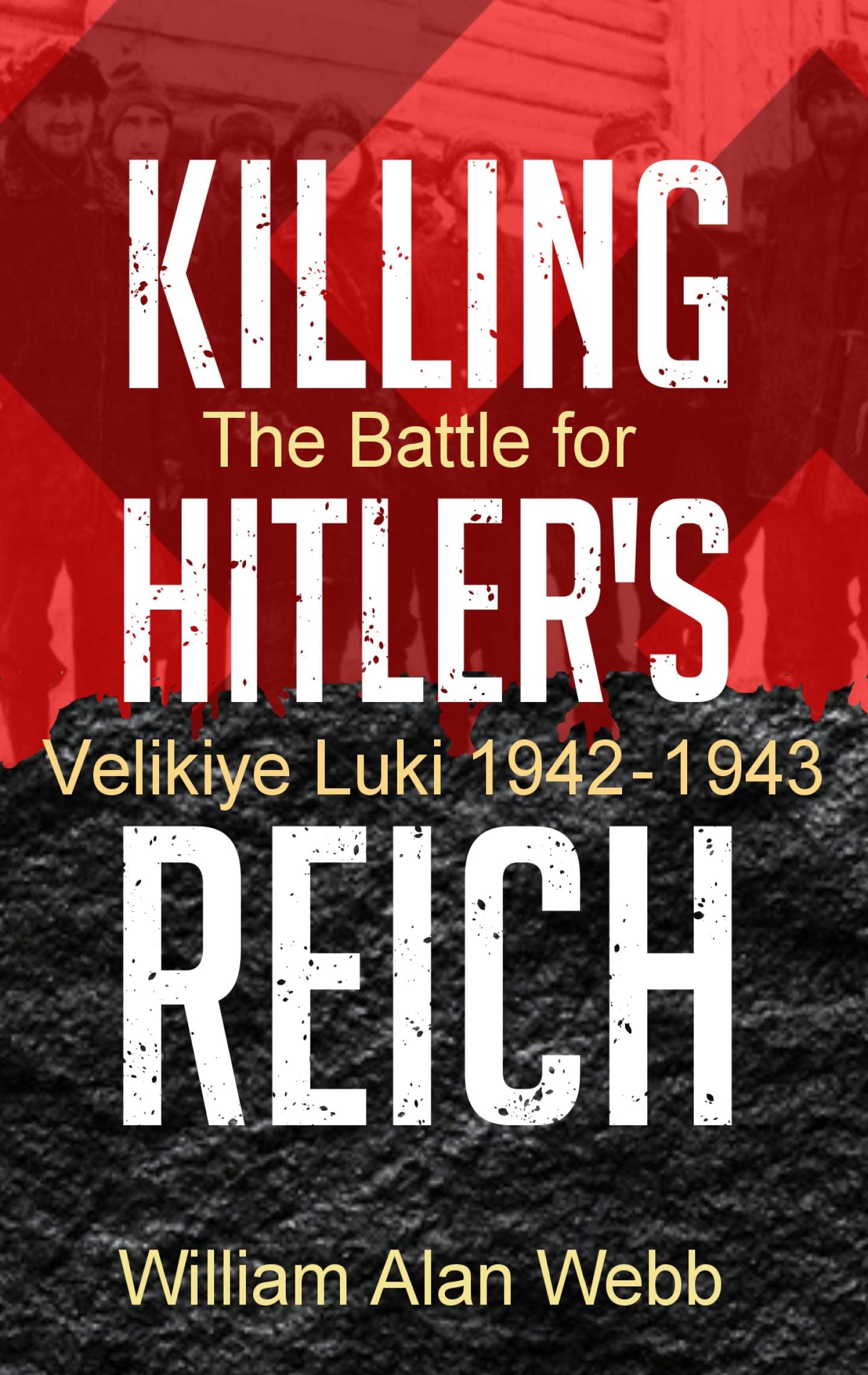The Battle for Velikiye Luki
Killing Hitler's Reich, 1942-1943
In the wet snows of late November 1942, the Soviet army struck at the thinly manned German front lines north and south of the city on the river, surrounding the vital supply center and trapping its garrison while threatening to cut off and encircle an entire German army group.
Adolf Hitler forbade a breakout and ordered that the surrounded troops be supplied by air. Relief attacks never quite had the necessary strength to break through the encircling Russians, and by late January 1943 the city was again in Russian hands, the German defenders either dead or taken prisoner.
The German commander was General Hellmut von der Chevallerie, not Field Marshal Friedrich von Paulus. His opponent was the Third Shock Army, not General Lieutenant Vasily I. Chuykov’s Sixty-second Army, and the army hemorrhaging German blood was the Ninth, not the Sixth. Nevertheless, the encirclement of Velikiye Luki bore a strong resemblance to the well-known Nazi debacle that was unfolding at the same time at Stalingrad.
Located on the Lovat River at a triangulated point south of Leningrad and west of Moscow, Velikiye Luki was a small city with a prewar population of 30,000. The road and rail network west of Novosokolniki converged there; supplying forces either to the east or west required control of the city. Unlike other Russian cities of similar size, Velikiye Luki was heavily influenced by Western Europe, since it was the point of conversion from the wide West European rail gauge to the narrower East European gauge. Western diplomats and VIPs regularly passed through the city on their way to Moscow. For their use the Soviets maintained a Western-style hotel, named the Hotel Moscow. Luxuries were available there that were unknown throughout the rest of the Soviet Union.
Velikiye Luki was crucial to both sides. To the Germans it was a bulwark protecting the vital railway supplying Army Group North, which passed through Novosokolniki some 20 kilometers to the west. Loss of that rail line might have forced Army Group North to lift the siege of Leningrad. Given Hitler’s penchant for standing fast no matter what the military situation, this turn of events could have caused Army Group North to be trapped against the Gulf of Riga.
From Surrounded in the Snow by William Alan Webb, author of Killing Hitler’s Reich, The Battle for Velikiye Luki, 1942-1943, who owns the copyright thereto.
From The Author
First and foremost, thank you for reading my work.
When you spend your hard-earned money to purchase my book(s), it’s a humbling experience. I feel a deep responsibility to give you the best books possible, not only in terms of plot, characters and narrative, but also proper word usage and grammar. This does not and should not imply perfection on my part. Far from it. However, whatever errors may creep into the work are regretted by the author, who asks forgiveness in advance.
My one and only intention for this and my other books is to entertain the reader. Perhaps to also inform, especially in my non-fiction, but information is only useful when delivered in such a way that it’s remembered.
Readers are special people. I appreciate you all because I’m one of you. Books are my life, as my overflowing bookshelves will attest. Everything I have done in my life has led to this moment. From majoring in Creative Writing to absorbing military history over the last 50+ years, I have devoted my life to this book and all those yet to come.
I pray you feel the effort was worthwhile.




